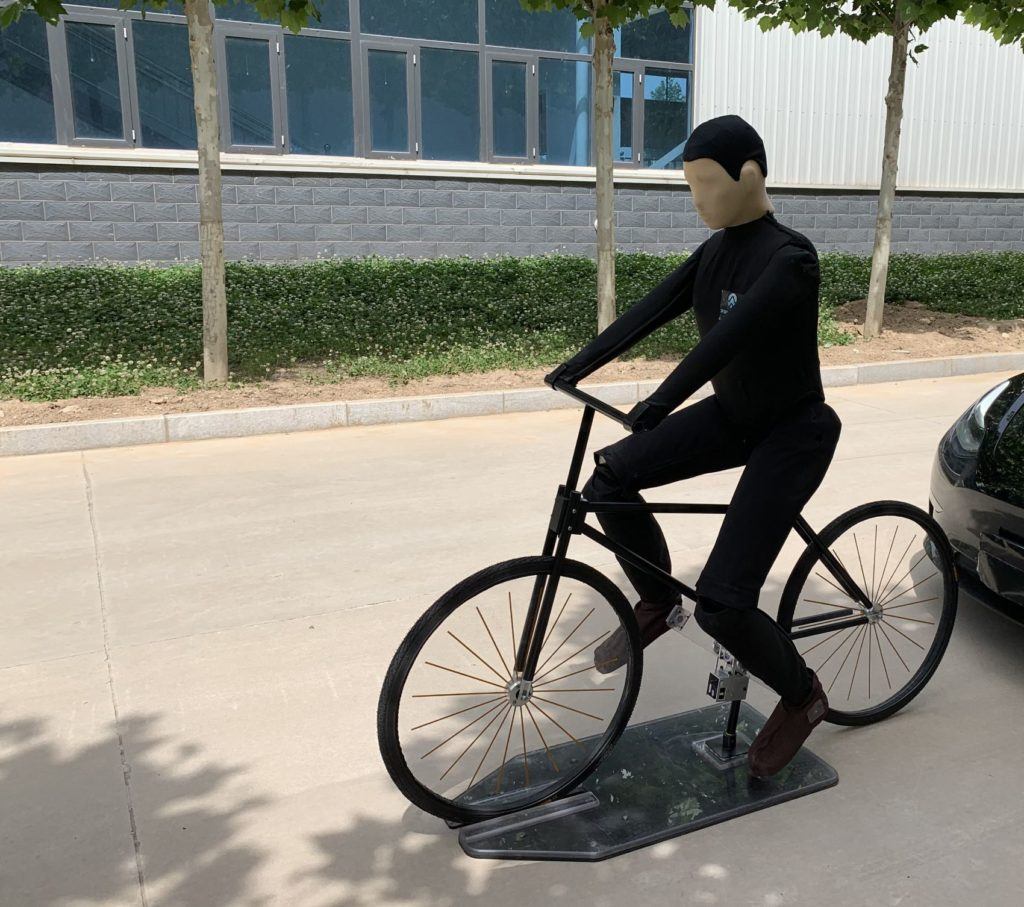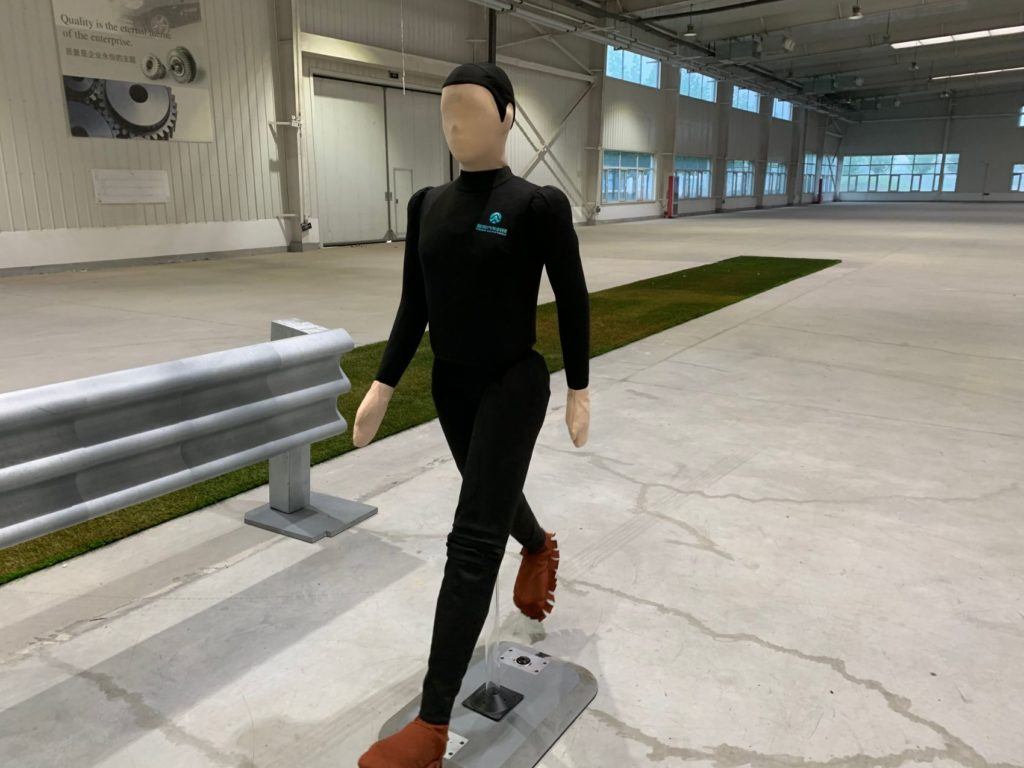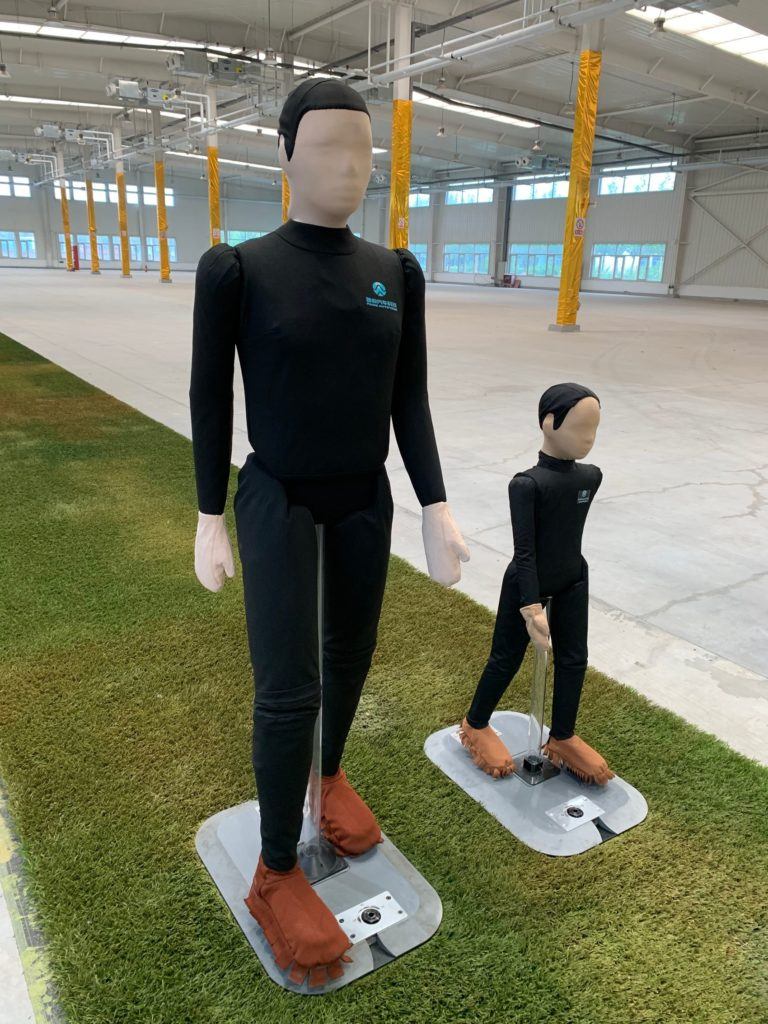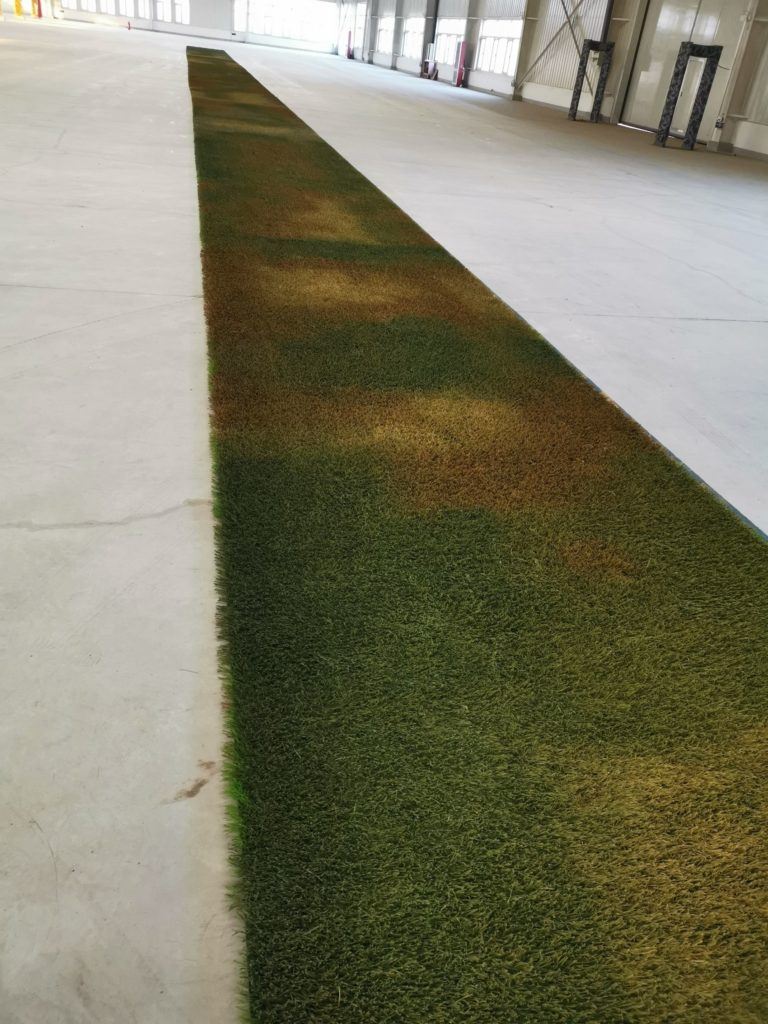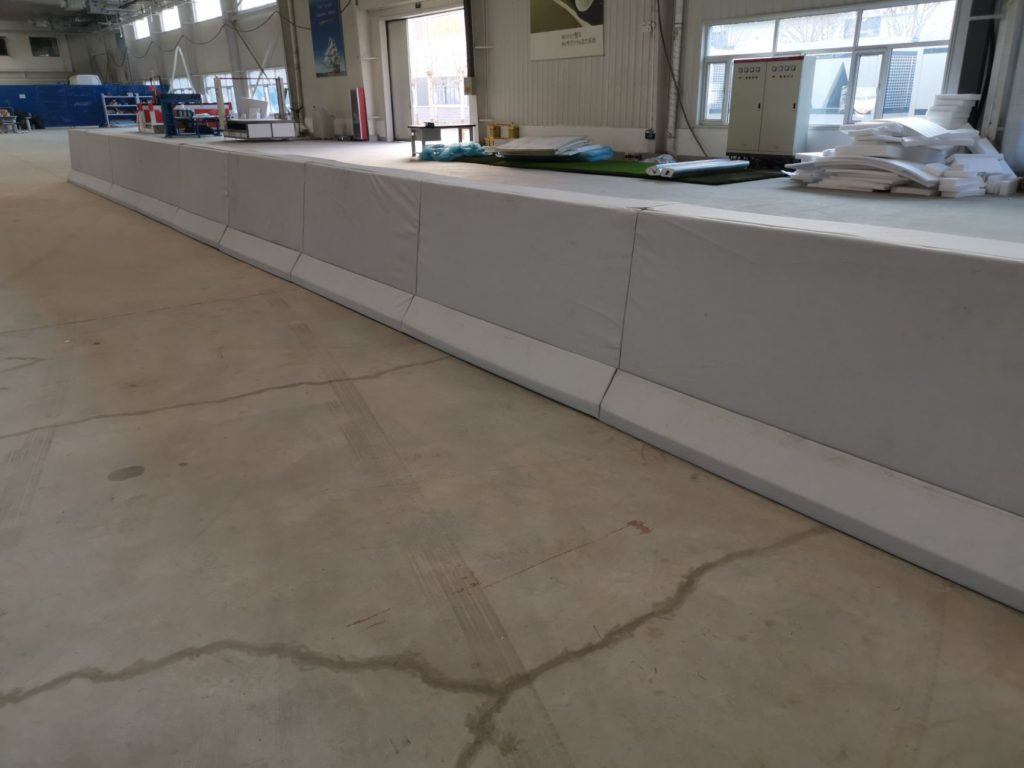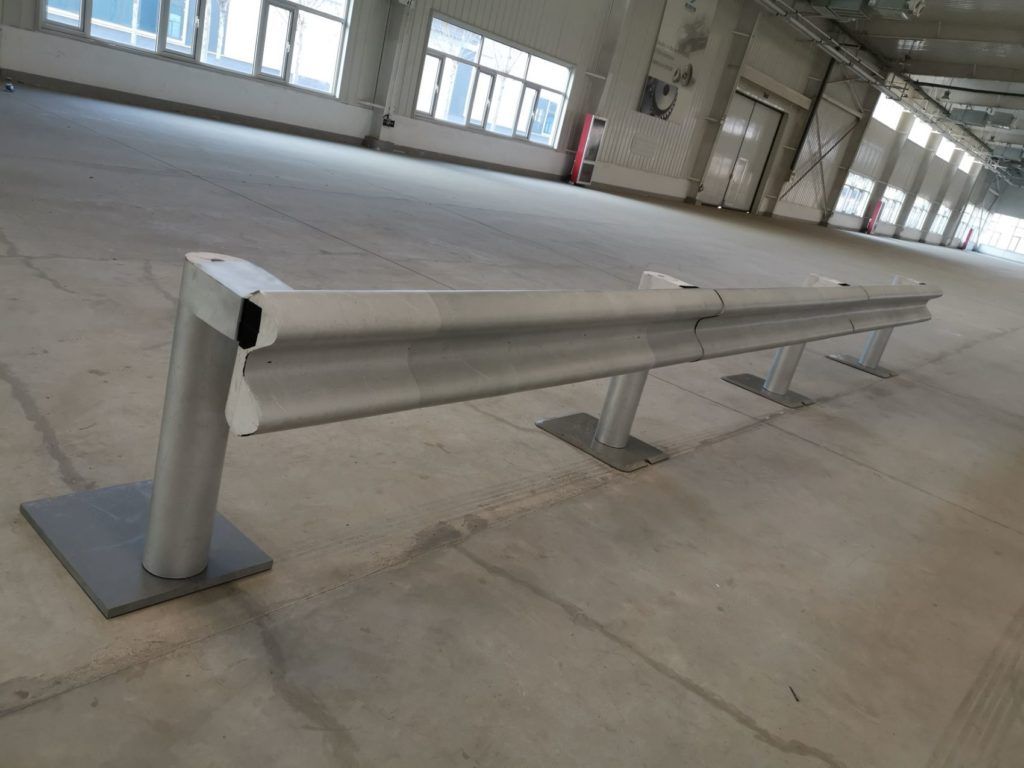Toyota and Hebei Pride have agreed to commercialize standardized safety testing systems for the development and validation of automatic emergency braking (AEB) systems. The agreement is the first license from Toyota I.P. Solutions, which launched in December 2019.
Based on technology licensed from Toyota, Indiana University-Purdue University Indianapolis (IUPUI) and Ohio State University, Hebei Pride will produce and sell the 3D pedestrian mannequins and 3D bicycle targets for standard AEB tests and provide 3D surrogate roadside objects (guardrails, concrete dividers, curbs, and surrogate grass, etc.) for testing road departure mitigation systems. All surrogate targets match the visual, automotive radar, and automotive LiDAR characteristics of the real 3D objects.
Hebei Pride signed a nonexclusive license through the Indiana University Innovation and Commercialization Office and Toyota I.P. Solutions to commercialize the mannequins and surrogates, becoming the first license executed for any products developed through the Toyota I.P. Solutions platform.
More Compatibility & Innovation
Toyota offers AEB functionality across its product portfolio but notes that the full range of technology employed by different manufacturers, from LiDAR to radar, means its essential for testing equipment and protocols to be compatible with many different detection systems. According to Toyota, the testing technology (which SAE International also used to develop standards for AEB testing) will facilitate innovation when it comes to automotive safety.
Toyota says the testing technology covers the design and standard testing methods behind pedestrian and bicyclist mannequins of different shapes and sizes, surrogate concrete dividers, guardrails, and grass that can be used as impact targets to test AEB systems. The technology was developed and patented through a partnership between the Toyota Collaborative Safety Research Center (CSRC) and Indiana University-Purdue University-Indianapolis Transportation Active Safety Institute (IUPUI-TASI).
“Highly advanced systems are radically reshaping the transportation landscape, making drivers, occupants, and vehicles into teammates – all working together safely and conveniently,” said Frederick Mau, Intellectual Property Counsel and Director of Patent Licensing for Toyota Motor North America. “We are excited to partner with institutions such as IUPUI-TASI to license these safety protocols with Hebei Pride to continue our safety mission by helping to support a safe evolution to a broader mobility future.”
Addressing the Gaps
The ongoing work and research will also address things like unintended road departure, which data from the U.S. Department of Transportation links to over half of fatal vehicle crashes. Toyota says while current ADAS technology recognizes concrete dividers and guardrails, which follow nationwide standards, some systems cannot test against the most common type of road edge – grass – for which there is no standard.
“This new testing technology addresses gaps in evaluating and testing emerging safety technologies,” explained Rini Sherony, CSRC Senior Principal Engineer. “CSRC is proud to lead this effort, and our hope is that these protocols will enhance the safety of mobility and, ultimately, help the entire industry improve safety systems.”
Yaobin Chen, director of TASI and Chancellor’s Professor of Electrical and Computer Engineering at IUPUI, says the primary goal is to conduct world-class research in connected and automated vehicle technology by using a multidisciplinary approach.
“TASI’s multidisciplinary faculty team is composed of more than 20 core and affiliated faculty members from engineering, computer science, medicine, public policy, and business,” he explained. “Our faculty team has expertise across the spectrum of connected and automated vehicles, active vehicle safety, and intelligent transportation.”

